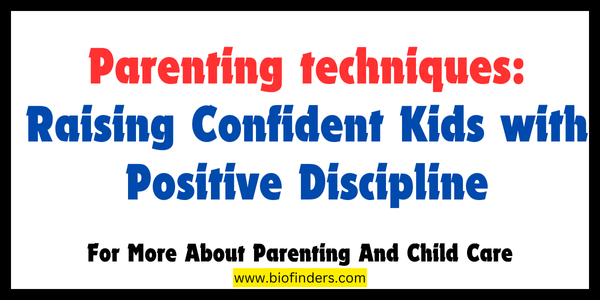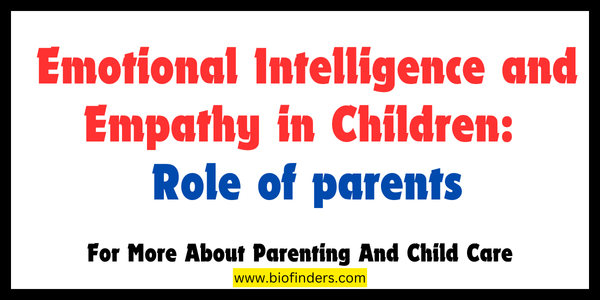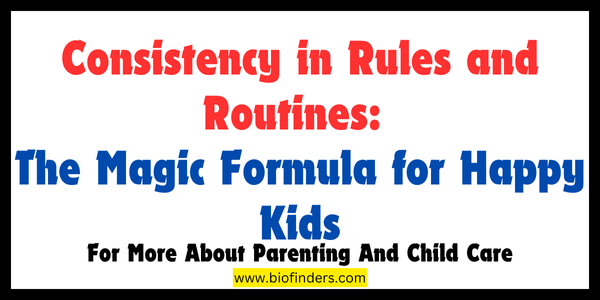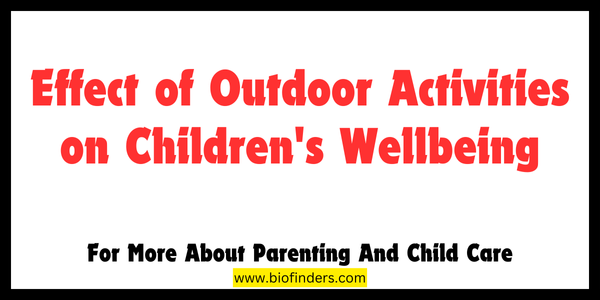Parenting is a beautiful whirlwind. It’s filled with cuddles, giggles, and the immense joy of watching your little one grow. But let’s be honest, it also comes with its fair share of tantrums, meltdowns, and those moments where you just don’t know what to do.
Traditionally, discipline has often involved punishments like timeouts or taking away privileges. While these methods might achieve temporary compliance, they often leave children feeling resentful and confused. Positive discipline offers a refreshing alternative, focusing on teaching and nurturing rather than punishment.
What is Positive Discipline in Parenting Techniques?
Positive discipline in parenting is a philosophy that emphasizes encouragement, respect, and problem-solving over punishment. It’s about fostering a sense of responsibility and cooperation in children while building a strong, trusting relationship with them.
Here’s the key: positive discipline in parenting isn’t about letting your child run wild. It’s about setting clear expectations, providing guidance, and helping them develop the skills they need to make good choices.
Why it is important to Choose Positive Discipline in parenting?
Positive discipline offers a multitude of benefits for both children and parents:
- Promotes Self-Esteem: Children who feel respected and supported are more likely to develop healthy self-esteem. Positive discipline techniques help children feel capable and empowered to make good choices.
- Encourages Cooperation: Positive discipline focuses on problem-solving together. This fosters a sense of cooperation and teaches children valuable skills for navigating conflict in a healthy way.
- Strengthens Relationships: Positive discipline helps build a strong and trusting connection between parent and child. Children feel more secure and comfortable expressing themselves openly.
- Develops Emotional Intelligence: Positive discipline techniques help children understand and manage their emotions. Through open communication, children learn to identify their feelings and develop healthy coping mechanisms.
- Teaches Long-Term Lessons: Positive discipline focuses on understanding the root cause of behavior and finding solutions. This approach helps children learn from their mistakes and develop long-term positive behavior patterns.
Parenting: Positive Discipline Techniques in Action
Now that we understand the benefits, let’s explore some practical positive discipline techniques you can use:
- Set Clear Expectations: Children thrive on routine and predictability. Establish clear rules and expectations that are age-appropriate and consistently enforced. Explain the reasoning behind the rules to help children understand the importance of following them.
- Positive Reinforcement: Catch your child being good! When your child exhibits positive behavior, acknowledge it with praise or encouragement. This reinforces desirable behaviors and motivates them to continue making good choices.
- Natural and Logical Consequences: Instead of punishment, use natural consequences to teach children about their actions. For example, if they forget their jacket, they might feel cold. Explain the connection between their actions and the consequences to help them learn responsibility.
- Redirection: Sometimes, the best way to deal with unwanted behavior is to gently redirect your child’s attention. When your toddler is throwing a toy, suggest a different activity or offer a safe alternative to play with.
- “Time-In” Instead of Time Out: Instead of isolating your child during a meltdown, try a “time-in.” Create a calming space where they can take a few deep breaths and regain control of their emotions. Stay close by to offer comfort and support, but allow them the space to cool down without feeling punished.
- Problem-Solving Together: When faced with a conflict, encourage your child to participate in finding a solution. Talk through the situation, brainstorm options, and choose a solution that works for everyone. This teaches them valuable problem-solving skills and fosters a sense of responsibility.
Positive Discipline is a Journey of Parenting, Not a Destination
Remember, positive discipline is a journey of parenting, not a destination. There will be bumps along the road, and that’s perfectly okay! The key is to be consistent, patient, and loving. Here are some additional tips for success:
- Focus on the Long Game: Positive discipline is about fostering long-term growth and development. Don’t get discouraged if you don’t see immediate results. Stay consistent and celebrate small victories.
- Take Care of Yourself: You can’t pour from an empty cup. Make sure you’re getting enough sleep, taking time for self-care, and managing your own stress levels. This will make you a more patient and effective parent.
- Seek Support: Don’t be afraid to ask for help! There are plenty of resources available to support you on your parenting journey. Consider joining a parenting class or talking to a therapist who specializes in positive discipline.
By embracing positive discipline techniques, you can create a nurturing environment where your child feels loved, respected, and empowered to learn and grow. Remember, the goal is to raise confident, responsible children






Leave a Reply